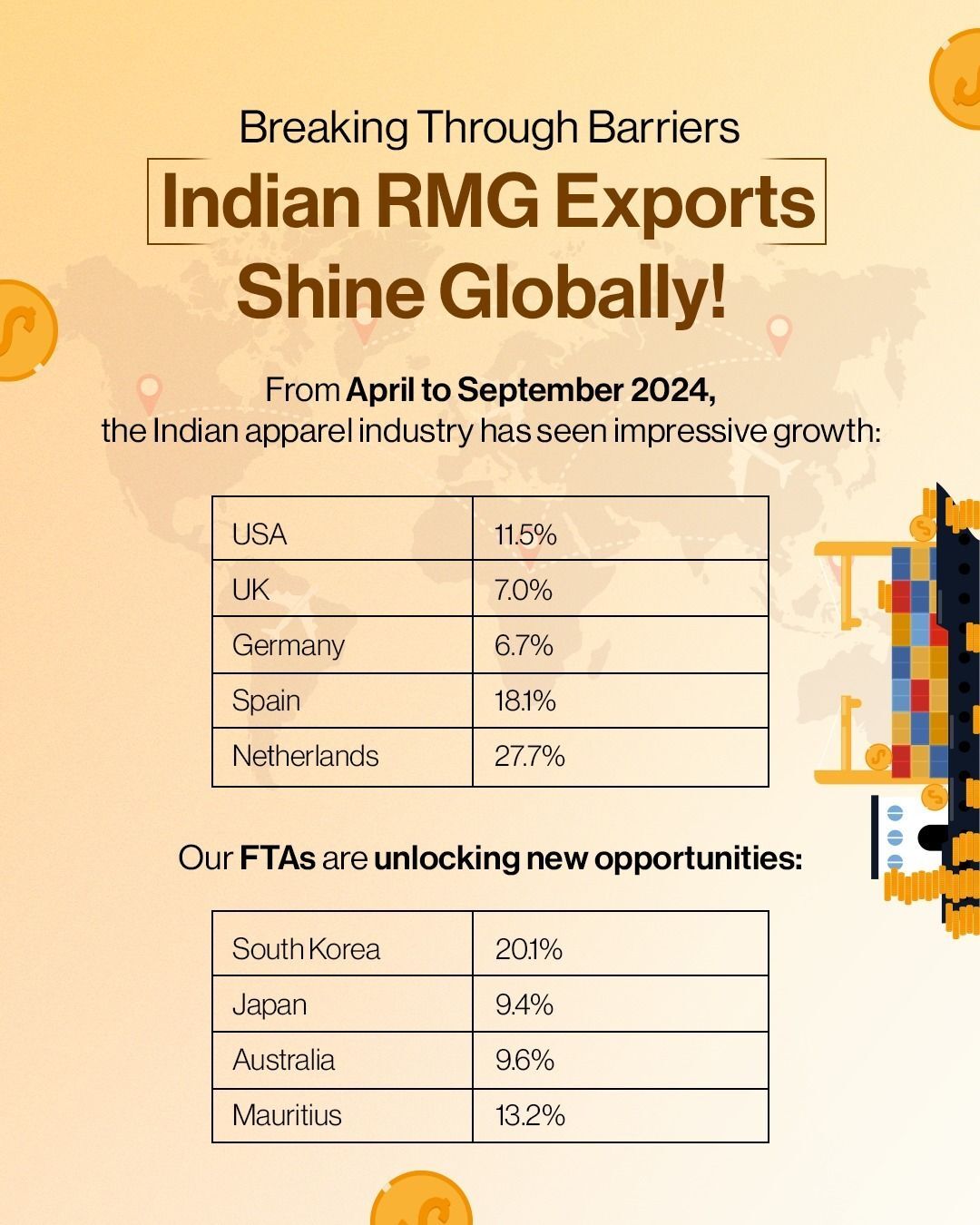GSP has not really helped Sri Lanka enhance its exports to the EU. Production and labor costs remain high compared to competitors’, and it is doubtful if the country can meet its goal of doubling exports by 2020.
Bangladesh, for instance, has moved ahead in textile and apparel production in the last few years. Bangladesh accounts for 6.4 per cent of global clothing exports compared with Sri Lanka's 1.2 per cent. The EU, which is Sri Lanka's biggest export destination, absorbing some 36 per cent of total shipments, reinstated the country into the GSP Plus program in mid-May, removing import tariffs on more than 6,000 products, including clothing.
Sri Lanka was dropped from GSP Plus in 2010 for human rights violations, but remained in the less-favorable GSP program, under which its exports were taxed at 9.6 per cent. Wages in Sri Lanka are typically higher than in Bangladesh and Vietnam, making the country better suited to producing high-end garments such as swimwear, trousers and underwear, including lingerie for top brands such as Victoria's Secret. Sri Lankan labor laws also limit factory workers to 57.5 hours per week, with fixed weekly holidays. This compares with Bangladesh's working limit of 60 hours and Vietnam's 64 hours.
GSP doesn’t take Sri Lanka far as Bangladesh edges ahead in RMG exports
- 1
- 2
- 3
- 4
- 5
- 6
- 7
- 8
- 9
- 10
Tariff Troubles: How US apparel prices are feeling the pinch
The escalating trade war and resulting tariffs are taking a toll on the US apparel industry, driving up prices for... Read more
Indian textile companies report mixed Q2 results, but long-term outlook remains …
India’s textile industry players recently announced their Q2 FY25 results and the performances were mixed. While some companies exceeded expectations,... Read more
Indian apparel exports break barriers
The Indian apparel industry has been making significant strides in the global market, with impressive growth recorded from April to... Read more
China's losing grip on US garment market has gains for competing countries
China's dominance in the US garment import market is waning. After reaching a peak around 2010, its market share, both... Read more
The Secondhand Shift: Economic concerns, evolving values reshaping American shop…
Drop in H&M's US sales that has almost 500 stores across the country, is not an isolated incident. The retail... Read more
Wardrobes bursting, wallets empty, the global crisis of unworn clothes
A new wave of research is exposing a stark reality: our wardrobes are overflowing with unworn clothes, a testament to... Read more
Textile and apparel exports surge in October 2024:CITI
India's textile and apparel (T&A) exports registered a remarkable growth of 19.93% in October 2024, reaching US$ 3.06 billion compared... Read more
Zara Weaves a Sustainable Future: Inditex's ambitious push for innovation
Zara, the flagship brand of Spanish fashion giant Inditex, is making significant strides in sustainability and innovation, aiming to lessen... Read more
US Garment Imports Shift: Asia's Grip Loosens, Nearshoring Gains Momentum
The US textile and apparel industry is undergoing a significant shift in its sourcing strategies, with imports from traditional Asian... Read more
CMAI's Brands of India 2nd Edition opens in Dubai
The second edition of the Brands of India apparel trade show, organized by The Clothing Manufacturers Association of India (CMAI),... Read more












